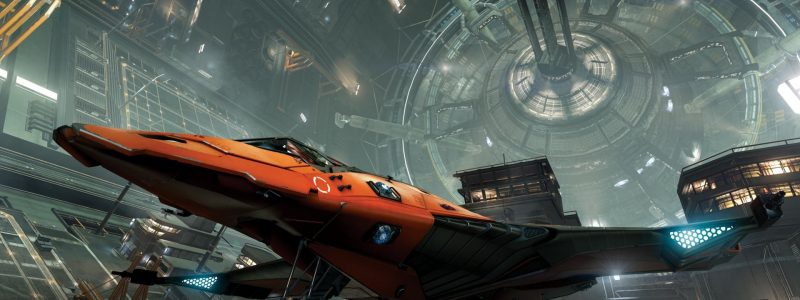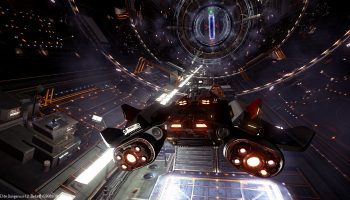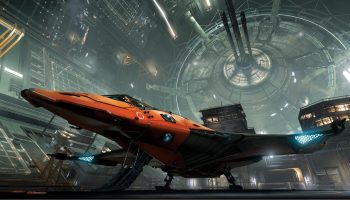I have often heard people say Elite Dangerous is a fairly accurate representation of space. And while that is true to a degree, a lot is missing and what we have so far is relatively boring and monotonous. When doing exploration in E:D I often wonder if I'd take exploration for granted if I were doing the same thing in the real galaxy (in some far future hypothetical scenario). This isn't another post asking why the nebulae in E:D don't look as spectacular as they do in astrophotography. There are all sorts of weird and fascinating objects in real-life astronomy missing in Elite Dangerous and the planets and moons in the game also leave a lot to be desired.
Let me go through some examples (just some that immediately came to mind; there is doubtless lots more):
Comets: There are no comets in the game. But out of all the objects on this list this is realistically the thing FDev would be able to add the soonest.
Variable stars: The universe is a dynamic place. Some stars can radically change in luminosity over relatively eyeblink timescales of minutes, hours, days, or months. Flare stars (most of which are red dwarfs) can increase in brightness up to a factor of one hundred in the span of a few minutes. Cataclysmic variables also undergo surges in brightness as they siphon matter off their binary companion. Luminous blue variables are massive stars that can undergo major outbursts where they shed enormous amounts of mass.
Rogue planets: Rogue planets already challenge the system the Pilots Federation uses of jumping to the most massive star in a given system. But rogue planets can have moons as well.
Aurora: Would be marvelous to have aurorae on planets and moons in the game.
Circumstellar Disks: Not really implemented. T Tauri's in the game all have asteroid belts but they aren't as vast as circumstellar disks. Also, any planets one finds in a T Tauri system already seems fully formed and not in the protoplanet stage of planetary formation (this includes potentially unstable orbits).
Oort clouds: Well given that comets aren't in the game, can't expect Oort clouds anytime soon.
Accurately represented stars: I've been to a few supergiants and generally was rather unimpressed by the representation. Scale-wise, they are accurate. Betelgeuse is huge in the sky of its closest landable planet. However, they really just look like a giant version of Sol colored red and without sunspots. And that goes for all stars in the game. No sunspots. Just different colors and the occasional flare. However, we have simulations of supergiants that suggest large convection cells. Moreover, observational data suggests some stars (notably red dwarfs) may have large sunspots that could cover up to a third of the star's surface.
Belts: Not realistic actually. The average distance between two asteroids in an asteroid belt is 1 million km. I'd assume the distance is even larger for centaurs and Kuiper belt objects (KBOs).
My biggest gripe, however, is with the planets and moons.
When you enter a red dwarf or brown dwarf system, you encounter a bunch of icy worlds that all look exactly identical. We know from our solar system that ice worlds are amazingly diverse. Tholins are also very common in the outer solar system and should be common in other star systems. However, the reddish hue on icy worlds is simply lacking.
Another thing that is telling, is how the most unique objects in the whole E:D galaxy are in our solar system. Namely Venus, Io, and Titan. Worlds like these are very rare if nonexistent in the rest of the galaxy. The weird classification system for planets doesn't help either.
Oh, and another thing. These are rare but I have seen worlds with lakes of liquid ammonia or magma with no atmosphere. (Unlandable of course.) These shouldn't exist.
This was a lot of rambling and I probably missed some key points. Any thoughts?
Source: https://www.reddit.com/r/EliteDangerous/comments/rvx0y7/monotony_in_elite_dangerous/







